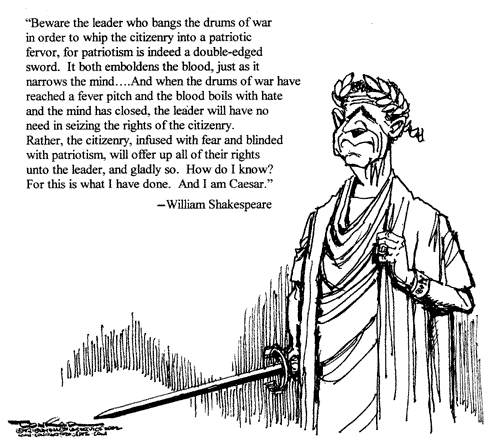Speaking in Contradictions 1
A coworker is a huge fan of Richard Dawkins, a vocal atheist. He’s pointed me towards a few books and even a video.
Yesterday, I was recommended to watch (and did) a talk that Dawkins gave at TED. Previously I’d only watched a few snippets of Dawkins that can be found on YouTube. I felt compelled to make a few comments.
First, I saw nothing more than the snickering and behind-the-back finger pointing (as someone makes a wisecrack about what “they” — the obviously mentally-anemic opposition, or they’d be with “us” — believe) that occurs in too many Christian circles. And so, even after a full 30 uninterrupted minutes in which to convince me that he might actually bring up an intelligent point, my impression remains unchanged: Richard Dawkins is nothing more than an atheism evangelist slash bigot. Why can’t the focus be logical arguments rather than insults?
Second, it seems that not only are Dawkins arguments often logically unsound, they are also often contradictory. As a specific example, in what I’ve watched Dawkins has repeatedly criticized Christians for only believing in Christianity/Creationism because that’s what they’ve been taught. However, while talking at TED, he triumphantly referenced studies in support of two points:
- Evolution/atheism is heavily subscribed to among the “intelligentsia” and,
- An inverse relationship exists between the amount of education one has and their belief in religion.
In other words, studies show that the more time one spends among the intelligentsia, the more likely it becomes that they’ll adopt the intelligentsia’s beliefs. Precisely what he criticized so vehemently.
I plan to watch The Blind Watchmaker in hopes of something worthwhile, but so far, I’ve been completely underwhelmed.
